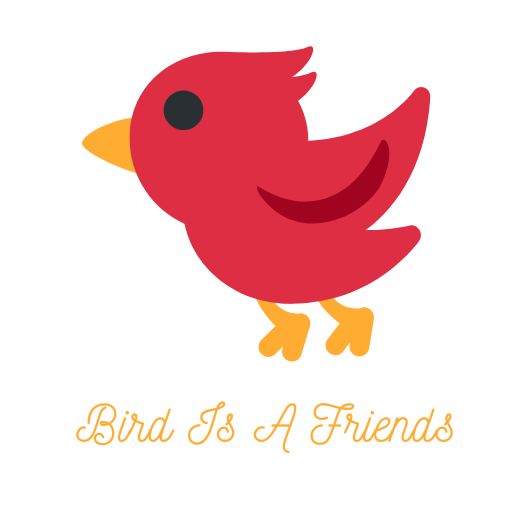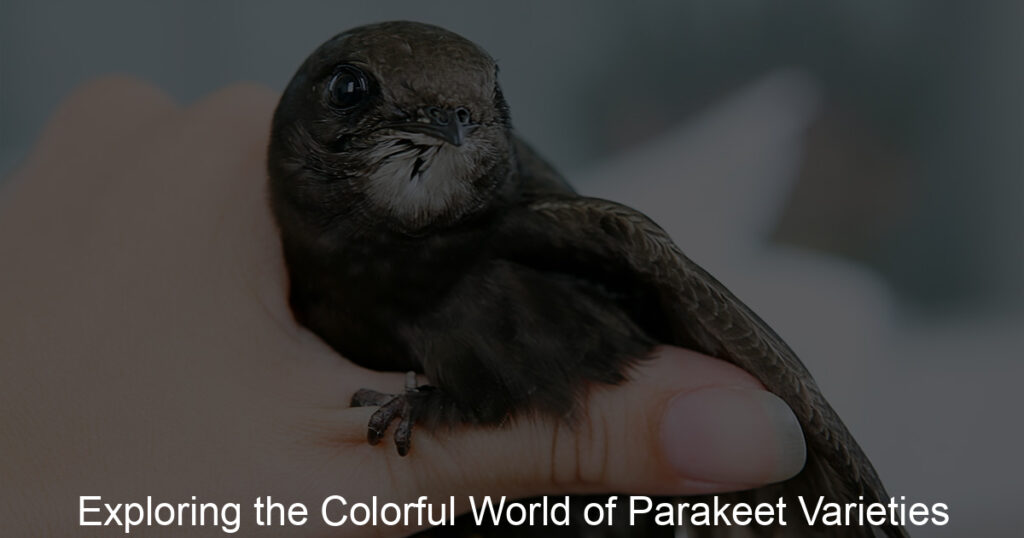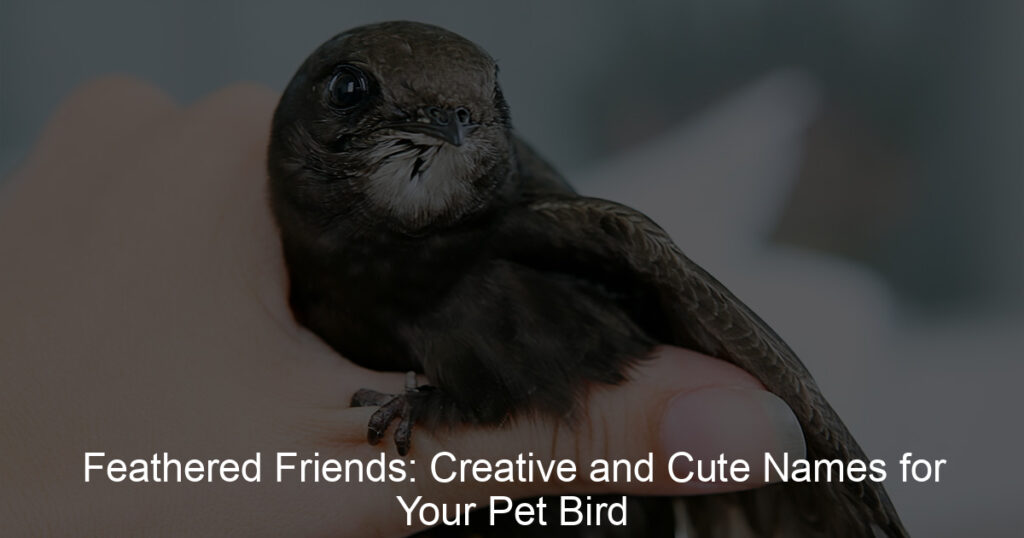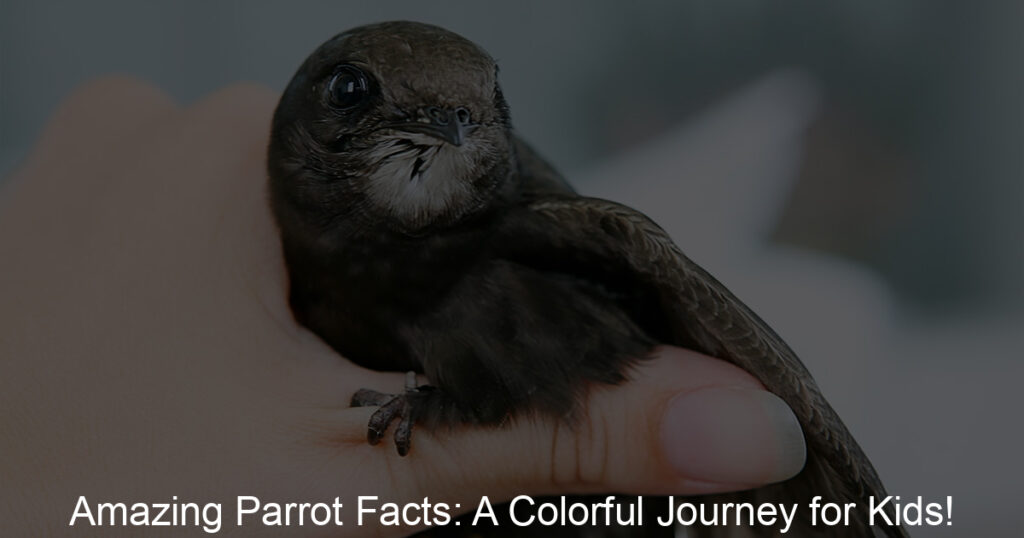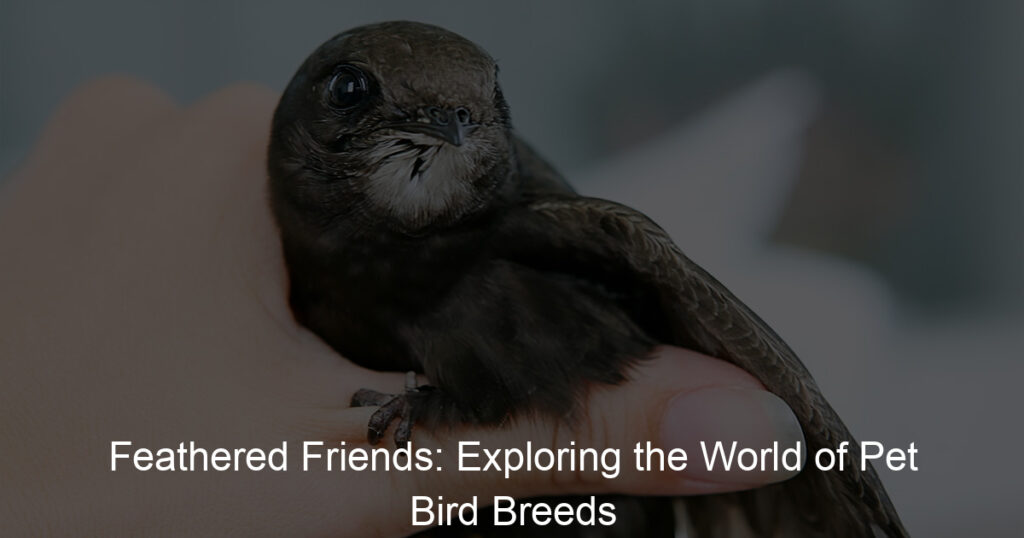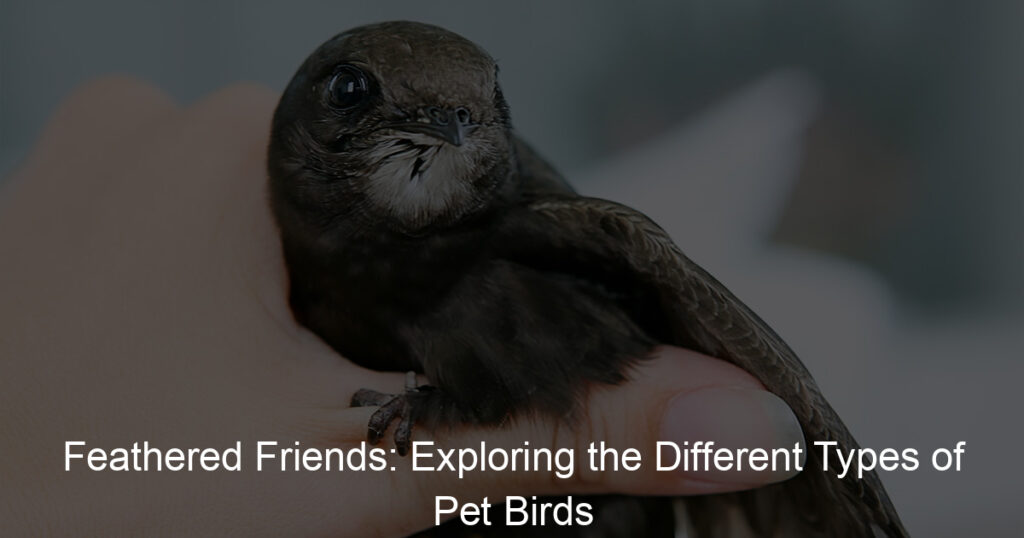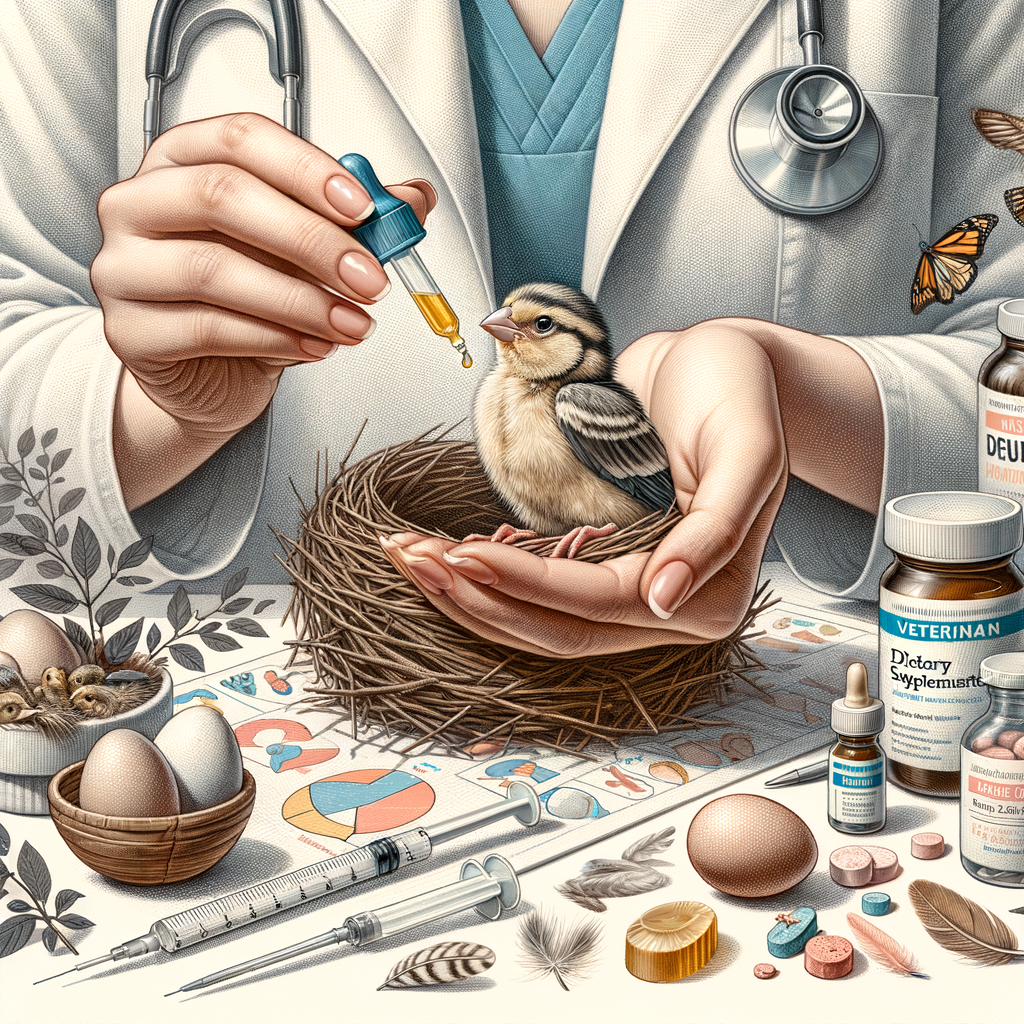
Introduction to Finch Chicks Care
Welcome to the world of finch chicks! These tiny creatures are full of life and can bring joy to any home. However, they require special care and attention to grow into healthy adult birds. This guide will provide you with the necessary knowledge and tools to care for your finch chicks properly.
- Understanding the Importance of Proper Care
Proper care is crucial for the health and well-being of finch chicks. These birds are delicate and vulnerable, especially during their early stages of life. Providing them with the right care can significantly increase their chances of survival and ensure they grow into healthy, happy birds.
Without proper care, finch chicks can suffer from various health issues, including malnutrition, disease, and stress. These issues can lead to stunted growth, poor feather quality, and even premature death. Therefore, understanding the importance of proper care is the first step towards raising healthy finch chicks.
- Overview of the Challenges in Raising Finch Chicks
Raising finch chicks is not without its challenges. These birds are highly dependent on their caretakers, especially during the first few weeks of their lives. They require constant feeding, regular cleaning, and a safe and comfortable environment to thrive.
One of the main challenges in raising finch chicks is providing them with a balanced diet. These birds have specific nutritional needs that must be met to ensure their healthy growth and development. Additionally, finch chicks are susceptible to various diseases and parasites, which can pose a significant threat to their health.
Despite these challenges, raising finch chicks can be a rewarding experience. With the right knowledge and resources, you can overcome these obstacles and provide your finch chicks with the care they need to thrive.
Essential Tips for Finch Chicks
When it comes to raising finch chicks, there are a few key areas to focus on. These include creating a safe environment, understanding their behavior, and handling and socializing with the chicks. Let’s delve into these aspects in more detail.
- Creating a Safe Environment
- Understanding Their Behavior
- Handling and Socializing with Finch Chicks
Creating a safe environment is the first step in caring for your finch chicks. This involves setting up a comfortable and secure cage that is free from hazards. The cage should be spacious enough for the chicks to move around freely, and it should have a secure door to prevent them from escaping. Also, ensure that the cage is placed in a quiet and calm area of your home, away from loud noises and disturbances. Regular cleaning of the cage is also essential to prevent the buildup of bacteria and parasites.
Understanding the behavior of finch chicks is crucial for their proper care. Finch chicks are usually active and playful, but they also need plenty of rest. Monitor their behavior closely and look out for any signs of distress or illness, such as loss of appetite, lethargy, or changes in their droppings. If you notice any unusual behavior, it’s best to consult with a vet immediately.
Handling and socializing with finch chicks is another important aspect of their care. Finch chicks are delicate creatures, so handle them gently and with care. Avoid handling them too much as it can cause stress. Instead, spend time observing them and talking to them softly to help them get used to your presence. This will help build a bond between you and your finch chicks and will make them feel more comfortable in their new home.
In conclusion, raising finch chicks requires a good understanding of their needs and behavior. By creating a safe environment, understanding their behavior, and handling and socializing with them properly, you can ensure that your finch chicks grow up healthy and happy.
Caring for Baby Finches
When it comes to caring for baby finches, a key aspect to consider is their health. Ensuring that your finch chicks are healthy can lead to a more fulfilling and longer life for them.
Finch Chick Health
Understanding the common health issues, preventive measures, and knowing when to consult a vet are crucial in maintaining your finch chick’s health. Let’s delve into these aspects:
-
Common health issues
Finch chicks can encounter several health issues. Some of the most common ones include:
- Air Sac Mites: These are tiny parasites that can cause respiratory problems in finches.
- Scaly Face: This is a skin condition caused by mites, leading to crusty growths on the bird’s face and legs.
- Avian Pox: This is a viral disease that can cause lesions on the bird’s body.
-
Preventive measures
Prevention is always better than cure. Here are some preventive measures you can take:
- Regular Cleaning: Keep the cage and feeders clean to prevent the spread of diseases.
- Proper Diet: A balanced diet can boost the bird’s immunity, helping them fight off diseases.
- Quarantine New Birds: New birds should be quarantined for a few weeks before introducing them to the flock to prevent the spread of diseases.
-
When to consult a vet
It’s important to consult a vet if you notice any unusual behavior or symptoms in your finch chicks. This includes:
- Loss of Appetite: If your bird is not eating properly, it might be a sign of illness.
- Changes in Droppings: Changes in color, consistency, or frequency of droppings can indicate health issues.
- Difficulty Breathing: If your bird is breathing heavily or making unusual noises, it’s time to consult a vet.
Remember, the health of your finch chicks is paramount. By being aware of common health issues, taking preventive measures, and knowing when to consult a vet, you can ensure your finch chicks live a healthy and happy life.
Feeding Finch Chicks
Feeding finch chicks is an important part of their care. It’s crucial to understand their dietary needs, know the best foods for them, and follow a proper feeding schedule. Let’s delve into these aspects one by one.
-
Understanding their dietary needs
Finch chicks, like all birds, have specific dietary needs. They require a balanced diet rich in proteins, vitamins, and minerals for their growth and development. Their food should be easy to digest as their digestive system is still developing.
Protein is especially important in the early stages of a finch chick’s life. It aids in the development of feathers and muscles. Vitamins and minerals, on the other hand, contribute to overall health and immunity.
-
Best foods for finch chicks
Finch chicks thrive on a diet of specially formulated chick crumb, which is available in pet stores. This food is high in protein and contains all the necessary vitamins and minerals. It’s also easy for the chicks to eat and digest.
As they grow, you can gradually introduce other foods like soaked seeds, boiled eggs, and finely chopped fruits and vegetables. Remember, variety is key to a balanced diet.
Food Benefits Chick crumb High in protein, contains essential vitamins and minerals Soaked seeds Easy to digest, good source of nutrients Boiled eggs Excellent source of protein Fruits and vegetables Provide vitamins and fiber -
Feeding schedule
Finch chicks need to be fed frequently due to their high metabolism. In the first week, they should be fed every two hours during the day. As they grow, the frequency can be reduced. By the time they are three weeks old, they can be fed four times a day.
Remember, overfeeding can be as harmful as underfeeding. So, it’s important to monitor their growth and adjust the feeding schedule as needed.
Feeding finch chicks may seem daunting at first, but with a little knowledge and patience, you can ensure they grow up healthy and strong.
Finch Chick Diet
One of the most critical aspects of raising healthy finch chicks is ensuring they receive a balanced and nutritious diet. This section will delve into the importance of a balanced diet, the need for supplements, and the necessary dietary changes as the chicks grow.
-
Importance of a Balanced Diet
Just like humans, finch chicks need a balanced diet to grow and thrive. A balanced diet for a finch chick includes a mix of seeds, fruits, and vegetables. Seeds are a good source of protein and fat, which are essential for their growth. Fruits and vegetables provide the necessary vitamins and minerals. A balanced diet ensures that the chicks develop strong bones, vibrant feathers, and a robust immune system. It also helps them to stay active and healthy.
-
Supplements for Finch Chicks
While a balanced diet provides most of the necessary nutrients, finch chicks may sometimes require additional supplements. These supplements can include vitamins, minerals, and probiotics. For instance, a calcium supplement is often recommended to ensure proper bone development. Probiotics can help to maintain a healthy gut flora, which is crucial for digestion and nutrient absorption. However, it’s important to consult with a vet or a bird care expert before introducing any supplements to avoid over-supplementation.
-
Dietary Changes as They Grow
As finch chicks grow, their dietary needs change. In the early stages, they primarily need a diet rich in protein for rapid growth. As they mature, their diet should gradually shift towards a balance of protein, fat, and carbohydrates. It’s also important to introduce new foods slowly and in small amounts to avoid digestive issues. Always monitor the chicks’ response to new foods and adjust their diet accordingly.
In conclusion, a balanced diet, appropriate supplementation, and timely dietary changes are key to raising healthy and happy finch chicks. Remember, each chick is unique and may have specific dietary needs. Always observe your chicks closely and adjust their diet as needed to ensure their optimal growth and development.
Raising Finch Chicks
One of the most important aspects of raising finch chicks is providing them with a suitable habitat. This involves creating a comfortable environment, maintaining the right temperature and lighting, and ensuring regular cleaning and maintenance.
Finch Chick Habitat
Creating a suitable habitat for your finch chicks is crucial for their growth and development. Let’s explore the key aspects of a finch chick habitat.
- Creating a suitable habitat: Finch chicks need a spacious cage with plenty of room to move around. The cage should have a secure lid to protect them from predators and a soft bedding material like shredded paper or straw. It’s also important to provide perches and toys for the chicks to play with and exercise their wings.
- Temperature and lighting requirements: Finch chicks thrive in temperatures between 65 and 75 degrees Fahrenheit. They also need about 12 hours of light each day. You can use a heat lamp or a room heater to maintain the temperature, and natural light or a full-spectrum light bulb for lighting. But remember, chicks also need dark periods for rest, so make sure they have about 12 hours of darkness each day.
- Cleaning and maintenance: Keeping the finch chick habitat clean is essential to prevent diseases. Clean the cage and replace the bedding material regularly. Also, clean the food and water dishes daily. Remember to handle the chicks gently during cleaning, and avoid using harsh chemicals that can harm them.
In conclusion, creating a suitable habitat for finch chicks involves providing a spacious and secure cage, maintaining the right temperature and lighting, and ensuring regular cleaning and maintenance. By taking care of these aspects, you can help your finch chicks grow and develop in a healthy and comfortable environment.
Baby Finch Care Guide
When it comes to raising finch chicks, there are several key aspects to consider. This guide will provide you with a step-by-step approach to daily care, monitoring their growth and development, and the do’s and don’ts in baby finch care.
- Step-by-step guide to daily care
- Monitoring their growth and development
- Do’s and Don’ts in baby finch care
Proper daily care is crucial for the health and well-being of your baby finches. Start your day by checking their habitat for cleanliness. Remove any waste and refill their food and water containers. It’s also important to observe their behavior. Healthy chicks are active and alert. If you notice any signs of illness, such as lethargy or loss of appetite, seek veterinary care immediately.
Keeping a close eye on your finch chicks’ growth and development is essential. You should see them gradually growing feathers and becoming more active. By the fourth week, they should be able to fly short distances. Keep a growth chart to track their progress. This will help you identify any potential issues early on.
When caring for baby finches, there are certain things you should and shouldn’t do. Do provide them with a balanced diet and clean habitat. Do monitor their health and growth regularly. Don’t handle the chicks too much as this can cause them stress. Don’t ignore signs of illness. Early intervention can make a big difference in their health.
Remember, raising finch chicks is a rewarding experience, but it also requires dedication and care. By following these steps, you can ensure your baby finches grow into healthy, happy adults.
Finch Chick Development
Understanding the development of finch chicks is crucial for their proper care. This section will guide you through the stages of development, behavioral changes to expect, and how you can support their growth.
-
Understanding the Stages of Development
Finch chick development is a fascinating process that takes place over several weeks. It begins with the laying of eggs, which usually takes around 12-16 days to hatch. Once the chicks hatch, they are completely dependent on their parents for food and warmth.
By the end of the first week, the chicks begin to develop feathers. By the end of the second week, they start to open their eyes and become more active. By the third week, they are usually ready to leave the nest and start exploring their surroundings.
Remember, each finch chick develops at its own pace, so these timelines are just general guidelines.
-
Behavioral Changes to Expect
As finch chicks grow, they undergo several behavioral changes. Initially, they are completely reliant on their parents. However, as they grow, they become more independent and start exploring their surroundings.
By the third week, they start to practice flying and feeding themselves. This is also when they begin to mimic the songs of their parents, a crucial part of their social development.
It’s important to note that these changes can vary depending on the species of the finch and the individual chick’s personality.
-
How to Support Their Development
Supporting the development of finch chicks involves providing a safe and comfortable environment, a balanced diet, and plenty of opportunities for socialization and exploration.
Ensure the nest is warm and secure, and provide a variety of foods rich in protein for the growing chicks. It’s also important to minimize stress by keeping the environment calm and quiet.
As the chicks grow and start to explore, make sure their environment is safe and free from potential hazards. And finally, allow them to interact with other finches to develop their social skills.
Conclusion: Your Role in Raising Healthy Finch Chicks
As we conclude, it’s important to remember that raising finch chicks is a rewarding experience that requires dedication and proper care. Your role in their growth and development is pivotal. Let’s quickly recap some of the essential care tips we’ve discussed.
- Recap of essential care tips: Firstly, ensure your finch chicks have a comfortable and safe environment. This includes a clean cage, warm temperature, and protection from predators. Secondly, a balanced diet is key. Feed them high-quality finch chick food, fresh fruits, and vegetables. Lastly, monitor their health regularly. Look out for signs of illness such as loss of appetite, lethargy, or changes in their droppings.
- The joy and responsibility of raising finch chicks: Raising finch chicks is not just a task, but a journey filled with joy and learning. Watching them grow, develop, and eventually fly is a rewarding experience. However, it also comes with responsibilities. You must ensure their needs are met and they are healthy and happy. Remember, your care and attention will shape their future.
In the end, the success of raising healthy finch chicks depends on your commitment and the quality of care you provide. It’s a wonderful journey that brings joy, teaches responsibility, and offers a unique opportunity to witness the beauty of nature up close. Happy finch raising!
